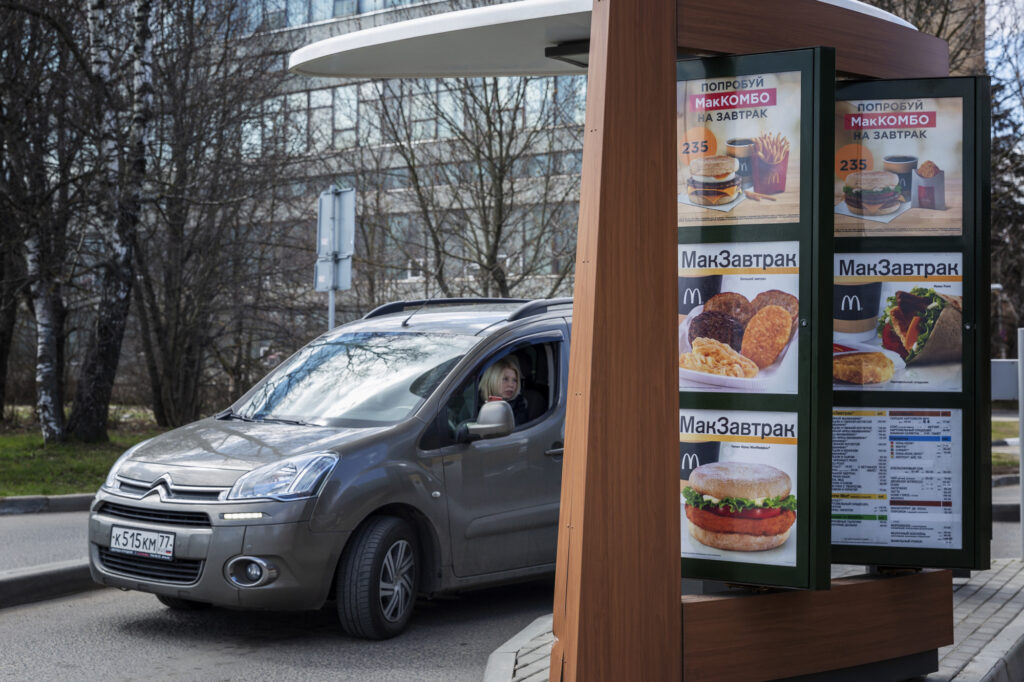Adults with Autism
Ordering In A Fast Food Drive-Thru
Fast Food: A Unique Challenge
Ordering from a fast food drive-thru can be challenging for adults with autism for several reasons. The sensory overload from the loud speaker, background noise, and unfamiliar surroundings can cause anxiety and difficulty in processing information. The fast-paced nature of the interaction may leave little time for processing and formulating responses, leading to communication difficulties. Additionally, the pressure to make quick decisions and the lack of visual cues can further contribute to the challenges faced by adults with autism during this interaction.
Here are some tips to help you navigate the process more comfortably and reduce anxiety:

Prepare in Advance
Familiarize yourself with the menu options and decide what you want to order beforehand. Most fast food restaurants have their menus available online, so you can review them at your own pace. This can reduce anxiety and make the ordering process smoother.

Practice Ordering
If you're uncertain about how to communicate your order, you can rehearse it in advance. You can try role-playing with a friend or family member, pretending to be the cashier, and practice speaking your order out loud. This can help build confidence and familiarity with the ordering process.

Use Visual Aids
Some fast food restaurants have visual menus displayed at the drive-thru. These menus often include pictures of the food items, making it easier to make your selection. If available, you can refer to these visuals to help you communicate your order more effectively.

Use Written or Electronic Communication
If verbal communication is challenging, you can consider writing down or typing your order in advance. When you arrive at the drive-thru, you can hand over the written order to the cashier or display it on your phone. This can ensure that your order is accurately communicated.

Inform the Staff About Your Needs
If you require any specific accommodations or have special dietary restrictions, it can be helpful to inform the staff about them. For example, if you have any food allergies, you can mention them and ask for assistance in selecting safe menu items. The staff is usually trained to accommodate different needs.


Take Your Time
Don’t feel rushed during the ordering process. Take your time to communicate clearly and ask for clarification if needed. Remember, it’s okay to ask questions or ask for more time to decide. Don’t worry about holding up the line for a few minutes. Ordering food in a drive-thru is not a life-or-death situation, so try not to stress too much if the customers behind you have to wait a bit longer.

Stay Calm & Patient
Drive-thru experiences can sometimes be stressful due to long queues or communication difficulties. Try to stay calm and patient throughout the process. If you feel overwhelmed, you can take deep breaths or use any coping techniques that help you relax.
Remember, each person is unique, and what works for one individual may not work for another. It’s important to find strategies that suit your specific needs and preferences. Don’t hesitate to experiment and adjust these tips to make the drive-thru experience more comfortable for you.

Guide Disclaimer
The information provided in this social guide for adults with autism is intended for general guidance and support. While we have made every effort to ensure the accuracy and relevance of the content, it is important to remember that each individual’s needs and experiences may vary. This guide is not a substitute for personalized professional advice or assistance.
We strongly recommend consulting with a healthcare professional, autism specialist, or any other relevant expert who can provide personalized guidance tailored to your specific circumstances. They can offer additional strategies, accommodations, and resources that may better address your unique challenges and goals.


